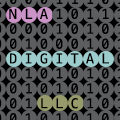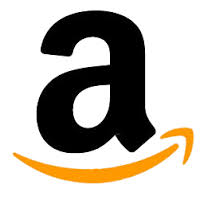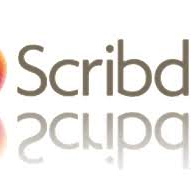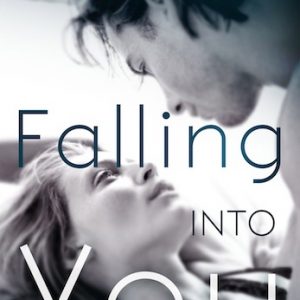I know for a fact that some of my clients don’t actually read the final contract they sign. I also freely admit that this makes me nervous. No person should ever be so trusting, even though I know I do a heck of a job on every contract negotiation. I actually prefer that all my clients read their 25+ page contract from first page to last. In fact, I even welcome questions or any concerns a particular clause might raise.
Why? Because I’ve looked at that publisher’s contract a million times, and my familiarity with it might actually be a liability rather than an asset. It never hurts to have a fresh pair of eyes on a contract I’ve read three times before I send on to the client for signing.
Fresh eyes might be a fresh perspective, and a client’s questions based on his or her interpretation of the contract language might actually make me evaluate familiar clauses in a whole new way.
Not to mention, Publishers Weekly just ran a story called For Major Publishers, Will Print No Longer Be the Norm? In it, PW highlights that agents are concerned about publishers who no longer guarantee a publication format in their contracts. In short, publishers are becoming more hesitant to commit to printing a physical edition of your book–just in case they want to do eBook first or eBook only.
Well, a big reason a lot of writers are interested in partnering with publishers is because publishers offer the advantage of producing both print and electronic formats. And if a print edition is not guaranteed…well, that might change the author’s desire to sign a contract.
Luckily, we here at NLA have made it a standard to specify the production of a print edition in our authors’ contracts. It’s always a tough discussion, but we are sure to get publishers to guarantee that they will produce a print edition in the deal-points stage, before contracts are even drawn up. That way, the expectation is clear early on so the author can decide whether or not to accept the publisher’s offer. This has been our standard for years now, but I’m guessing that getting publishers to agree to it is only going to get tougher.
Thinking like an agent ensures that you read your entire contract. Word for word. And that you start thinking like a negotiator. What have you read about in the news lately that might need to be covered in a publishing contract? Maybe you’ve read about “subscription services,” which is quickly becoming a hot-button issue. If you see that, or anything else, in your contract that you don’t understand, have a conversation with your agent. It’s probably rare you’ll think of something that your agent hasn’t, but, honestly, you never know.
Fresh eyes can be a powerful tool.









